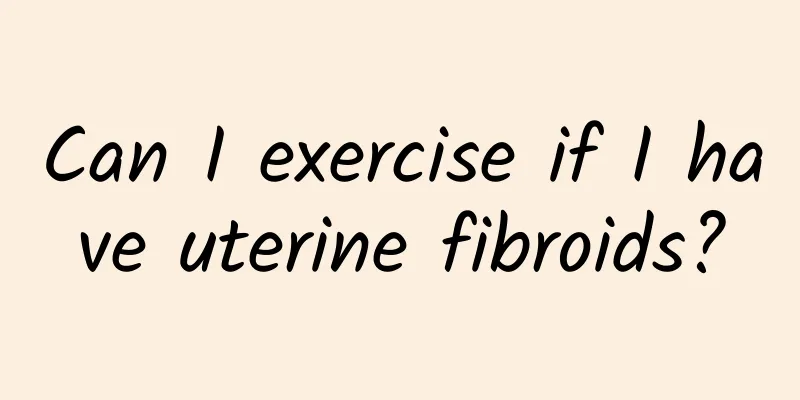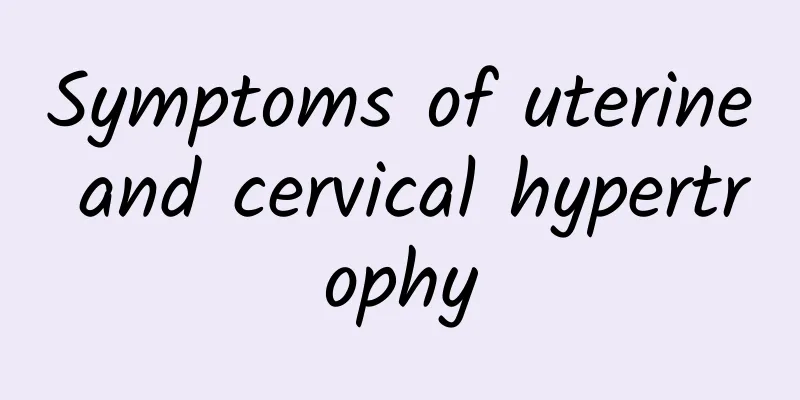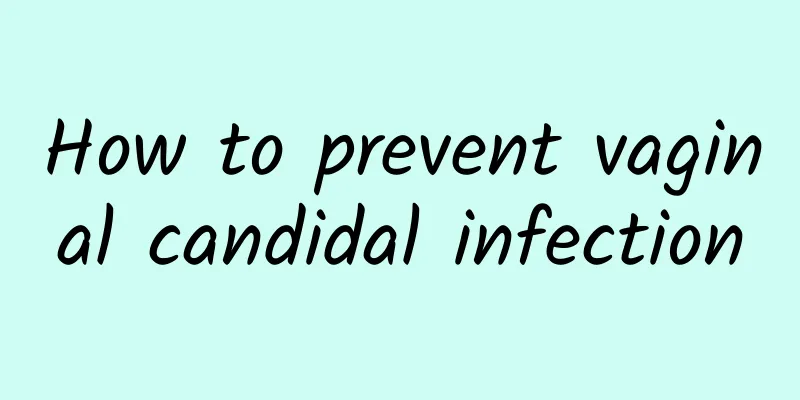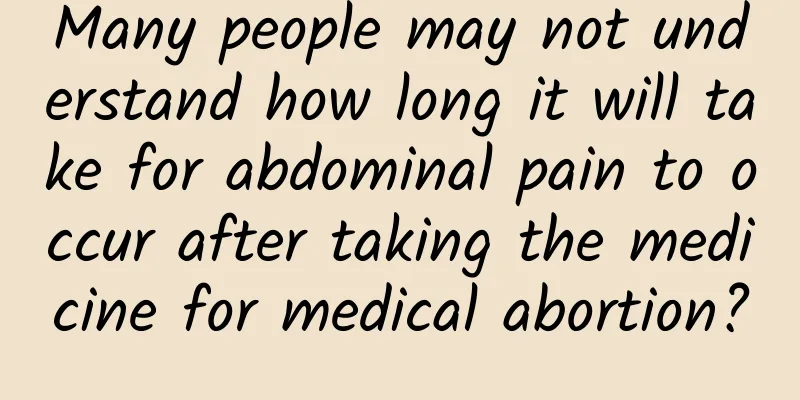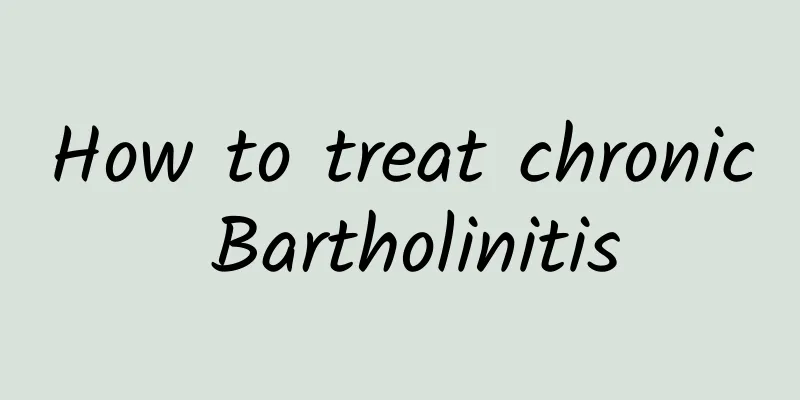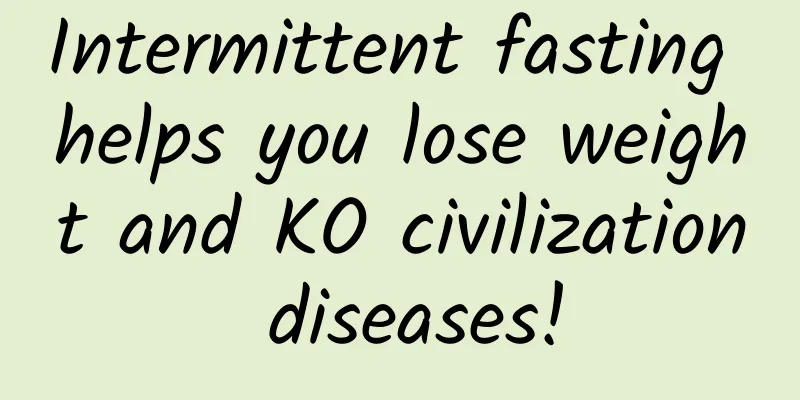If you want to lose weight after exercising, should you eat or not?
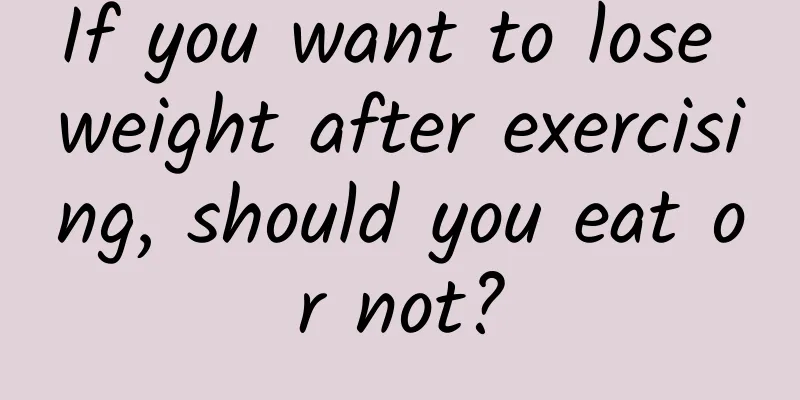
|
When you are hungry after exercise, do you want to have a hard-on? To eat or not to eat? What can I eat? This article is to dispel your doubts! I am often asked: I am very hungry right after exercising. Will food be absorbed faster if I eat at this time? Will it all turn into fat? What should I eat? "Should I eat or not after exercising?" This is a big question! Let me explain it to you in a nutshell: Just like a car has a gas tank, the fuel (glycogen) needed by human muscles is stored inside cells for when needed. Whether it is swimming, running, playing basketball, or weight training, as long as it is a moderate intensity exercise that makes people feel out of breath, it will more or less consume the fuel (glycogen) in the muscles. If you do not replenish nutrients after exercise and the glycogen stores in your muscles are insufficient, fatigue will persist and your athletic performance in the short term will not be as good as usual. It's like driving a car without refueling. When you want to hit the road next time, you won't be able to drive! If you are used to exercising on an empty stomach, or are an avid exerciser who exercises every day, replenishing carbohydrates after exercise can help you recover from fatigue faster. Carbohydrates for fuel, protein for muscle repair Studies have found that muscles are under pressure and minor damage after exercise. At this time, if some protein is supplemented to provide muscles with the necessary materials for self-repair, the process of protein loss can be slowed down or even reversed. A study published in the American Journal of Endocrinology and Metabolism in 2001 also tells us that replenishing nutrition immediately after exercise can promote protein synthesis to three times the usual level. If you want to speed up muscle recovery, eating something rich in protein after exercise is an ideal habit. In 2006, Canadian scholar John. John Berardi found 6 cyclists and after 60 minutes of training, they were given:
As a result, they found that, under the premise of equal calories, carbohydrates and protein together can promote the increase of glycogen more than supplementing carbohydrates alone. In the figure below, we can see the effects of three different nutritional supplements on replenishing glycogen in muscles. The unit of glycogen is mmol/L, which means how many "micromoles" of glycogen molecules are contained in each liter of muscle volume. You can ignore these difficult terms. It is obvious from the chart that protein and carbohydrates are more effective when consumed together! What should you eat after exercise? To summarize the above conclusions, you should replenish nutrients after moderate-intensity exercise (such as jogging, swimming, or any kind of exercise that makes you a little breathless and unable to finish a whole sentence). After exercise, muscle cells open channels in their cell membranes to welcome sugar from the blood to replenish depleted glycogen stores. Eating carbohydrates at this time and increasing the sugar level in the blood is exactly what muscle cells need. In addition, carbohydrates can increase insulin secretion and prevent muscle breakdown after exercise - that is, they can inhibit the loss of myosin caused by minor damage to muscles after exercise. Having said that, let's talk about how it should actually be implemented: When to eat? Friends who exercise on an empty stomach (more than 4 hours from the last meal) should replenish nutrients as soon as possible after exercise; if it is less than 4 hours from the last meal, try to replenish nutrients within 2 hours after exercise. If you exercise right after your last meal, it doesn’t matter if you don’t even need to replenish calories after exercise. What to eat? If the main purpose is to "build muscle" or "restore physical condition", carbohydrates should be mainly sugars that can be quickly digested and absorbed (sucrose and fructose are both good). You can drink sugary drinks, eat biscuits or bread. If your goal is to lose fat, it is best to choose high-fiber fruits and vegetables as a source of carbohydrates. For protein, try to get animal or "high-quality" plant protein. Whey, eggs, dairy products, meat, and beans are all good sources. If it happens to be meal time, eating a nutritionally balanced meal is of course a better choice.
How much to eat? This depends on personal goals and eating habits. If your training goal is sports competition, or to grow muscle and gain weight, then consuming 0.8 grams of carbohydrates and 0.4 grams of protein per kilogram of body weight should be a minimum standard. For example, if a 70 kg adult wants to grow muscle, he or she must consume at least 56 grams of carbohydrates and 28 grams of protein after exercise. On the contrary, if losing weight is your goal, then 0.4 grams of carbohydrates and 0.2 grams of protein per kilogram of body weight should be sufficient. Therefore, if a 70 kg adult's goal is to lose weight, he or she should consume 28 grams of carbohydrates and 14 grams of protein after exercise.
【One minute reminder from Dr. Scott】 The above are some general suggestions for post-exercise nutritional supplements, but this is by no means a "golden rule" that is suitable for everyone. You should know that sports nutrition is a highly "customized" subject. Everyone has unique physiological characteristics, and it takes gradual experimentation and adjustment to master the most ideal dietary strategy. Readers can take these principles as a starting point, and slowly try, record, and adjust direction. I hope this article has resolved the doubts of all readers, so that you don’t have to feel hard when you are hungry after exercise in the future! This article is from Sancai Culture's "Dr. Scott's One-Minute Weight Loss Classroom" |
<<: Save the lower body! Learn to squat properly using a chair or wall
>>: Alcohol is the enemy of weight loss! Muscle Mom: 4 reasons to put down your cold beer
Recommend
How big is the left ovarian cyst and how to treat it
Ovarian cysts bring many dangers to women. If a p...
Can chocolate cysts cause amenorrhea?
Chocolate cysts may cause amenorrhea, but this is...
Three principles of slimming and light eating: vegetable soup helps lose weight
With the arrival of spring, it’s time to get rid ...
Revealing the secret that cervicitis can also cause female infertility
Cervicitis is a gynecological disease that everyo...
What are the symptoms of ovarian cysts?
In life, there are more and more patients with ov...
Experience in the treatment of cervical precancerous lesions
Which method is more effective in treating cervic...
Antioxidant! Supplementing astaxanthin to eliminate free radicals
Skin aging is a topic of common concern to many p...
Experts explain the symptoms of uterine fibroids
What are the symptoms of uterine fibroids? Uterin...
How much is the abortion cost?
Nowadays, people are very open-minded, so there a...
What are the symptoms of cervical erosion in women? Symptoms of cervical erosion in two degrees
Cervical erosion is a gynecological disease with ...
Can B-ultrasound detect hyperprolactinemia?
Hyperprolactinemia (HPRL) is a common reproductiv...
Why do some women with postpartum hemorrhage experience amenorrhea?
Under normal circumstances, there is a varying am...
Check-up items before abortion surgery
Abortion is very common. This operation takes a s...
Patients with functional uterine bleeding in adolescence should pay attention to diet and emotions during treatment
Dysfunctional uterine bleeding is divided into ad...
How to treat uterine erosion? 3 medical methods can treat uterine erosion
Uterine erosion can be treated through the follow...



